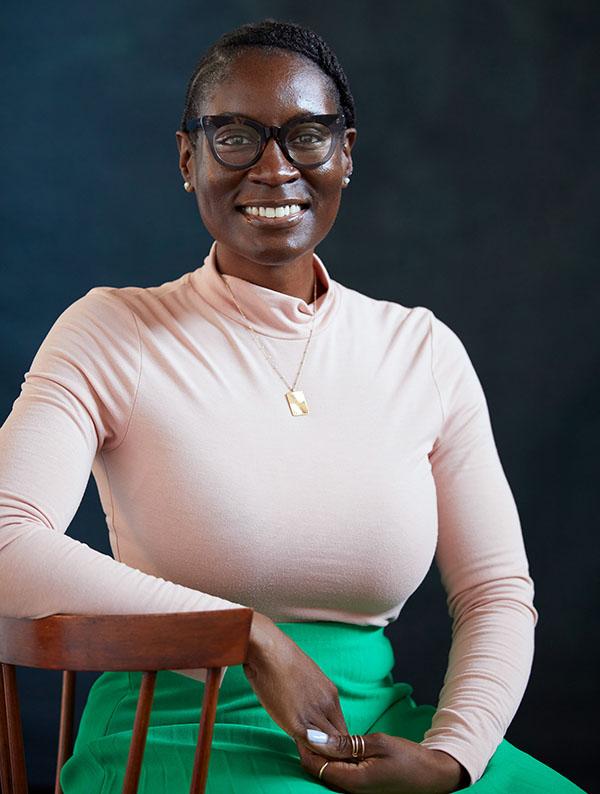Georgia business owner takes on healthcare inequity in more ways than one

Full-time health policy advocate and part-time doula Knetta Adkins is striving to make the Georgia healthcare system more accessible for everyone–especially families of color.
Knetta started practicing as a doula three years ago in Alabama, but soon after she relocated to Georgia and started her own practice, Douwella, where she supports parents through their pre and postpartum journey.
She says, “It’s important to me that I ensure that the families I work with have agency over their birthing story.”
As a birth and postpartum doula, Knetta guides her clients through the benefits of various laboring techniques, coping mechanisms and relieves anxieties that exist within the maternal health industry by ensuring the birthing person’s needs are being heard.
It’s one thing to read numbers and statistics about healthcare inequities and high maternal mortality rates–particularly for Black women, but it’s a completely different experience to witness the disparities first hand. Through her work at Georgians for a Healthy Future and as a doula, Knetta has seen the full effects of healthcare inequities that marginalized communities are facing.
For one, Georgia doesn’t have a state paid family leave program, which means many new parents can’t afford to stay home with their newborn to bond and recover from childbirth. Fortunately, Knetta can connect her clients with resources they may not otherwise be aware of such as childcare support, diaper banks, food banks and more. However, she hopes to help influence a change in the systems of support that she believes should exist within the hospital and in the community.
Knetta emphasizes, “A community of support is essential to increasing maternal health outcomes.”
Knetta believes doulas have an essential role in promoting health equity and strives to make services like hers available to everyone. The tradition of doulas are historically rooted in communities of color, yet many people of color can not afford the support of a doula. For this reason, one of Knetta’s long term goals is to provide scholarships for future parents who wish to have access to a doula.
She explains, “It’s the place of a doula to advocate for and elevate the voices of birthing people during a really vulnerable time to ensure their health needs are being heard. This is essential in a healthcare system that often overlooks the needs and concerns of Black women.”
Knetta is honored to be a part of a tradition that empowers pregnant people and is inspired by the Black women who have come before her.
Knetta reflects, “Black women build and operate businesses like nothing I’ve ever seen. It’s incredibly inspiring to see how far we have come in the last 50 years. We have so many role models and examples of success. I hope to be practicing as a doula for many years to come and continue building a Black woman-owned business that supports, affirms, and nurtures all birthing people in the way they desire”
